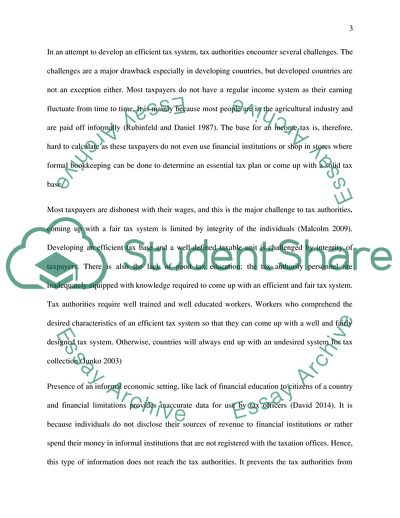Cite this document
(Public Finance Essay Example | Topics and Well Written Essays - 1500 words - 1, n.d.)
Public Finance Essay Example | Topics and Well Written Essays - 1500 words - 1. https://studentshare.org/finance-accounting/1847459-public-finance
Public Finance Essay Example | Topics and Well Written Essays - 1500 words - 1. https://studentshare.org/finance-accounting/1847459-public-finance
(Public Finance Essay Example | Topics and Well Written Essays - 1500 Words - 1)
Public Finance Essay Example | Topics and Well Written Essays - 1500 Words - 1. https://studentshare.org/finance-accounting/1847459-public-finance.
Public Finance Essay Example | Topics and Well Written Essays - 1500 Words - 1. https://studentshare.org/finance-accounting/1847459-public-finance.
“Public Finance Essay Example | Topics and Well Written Essays - 1500 Words - 1”. https://studentshare.org/finance-accounting/1847459-public-finance.


